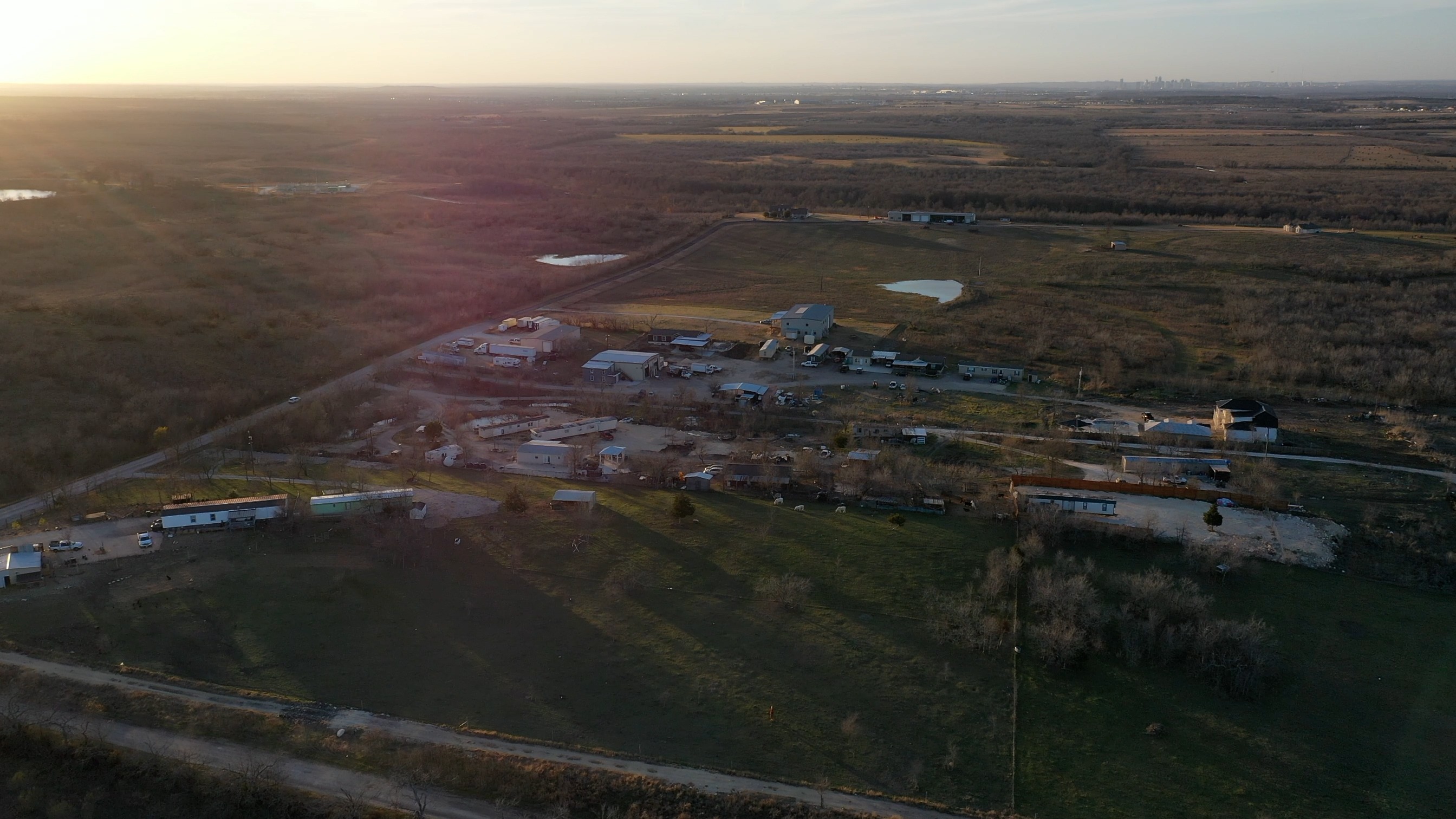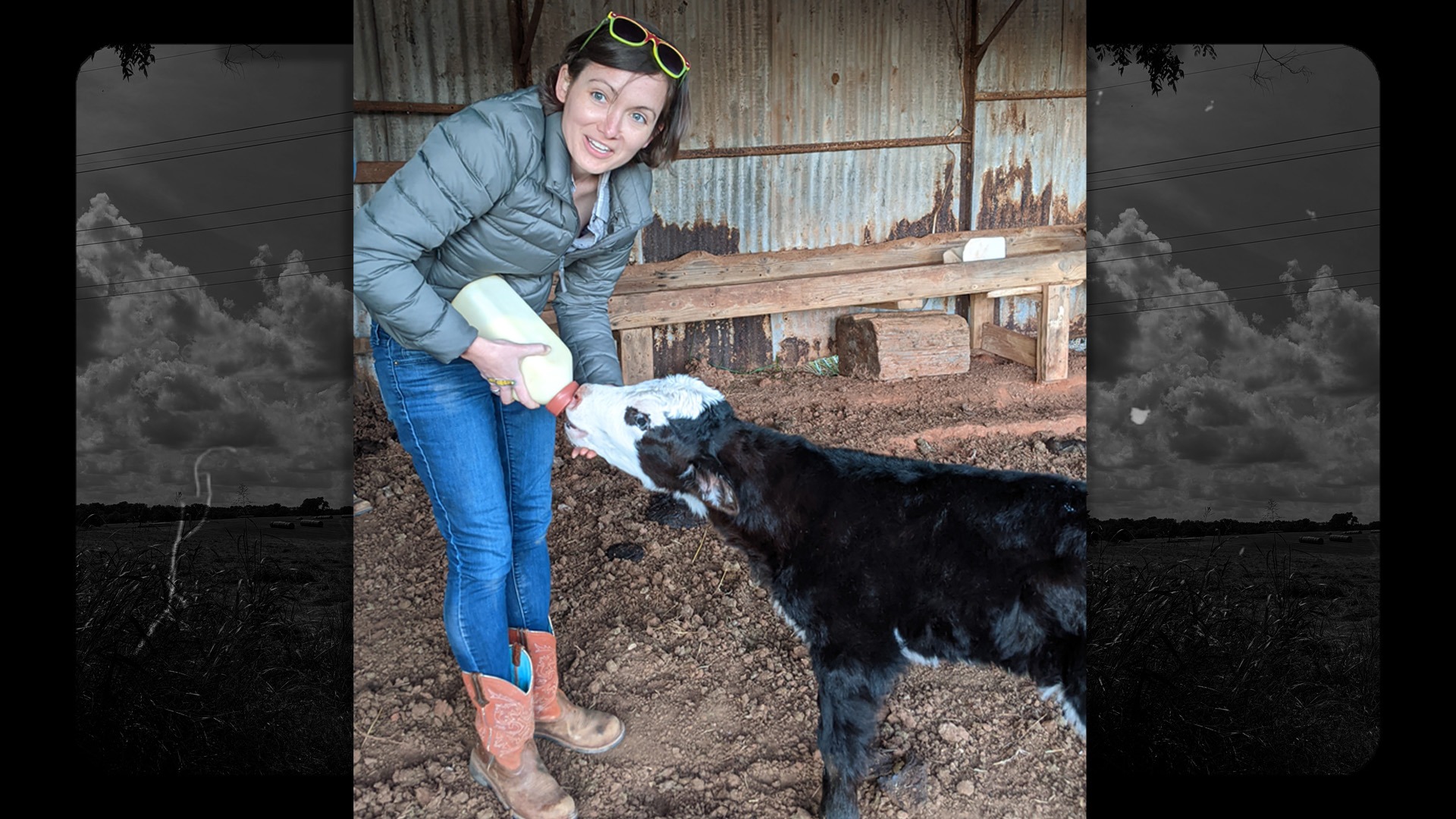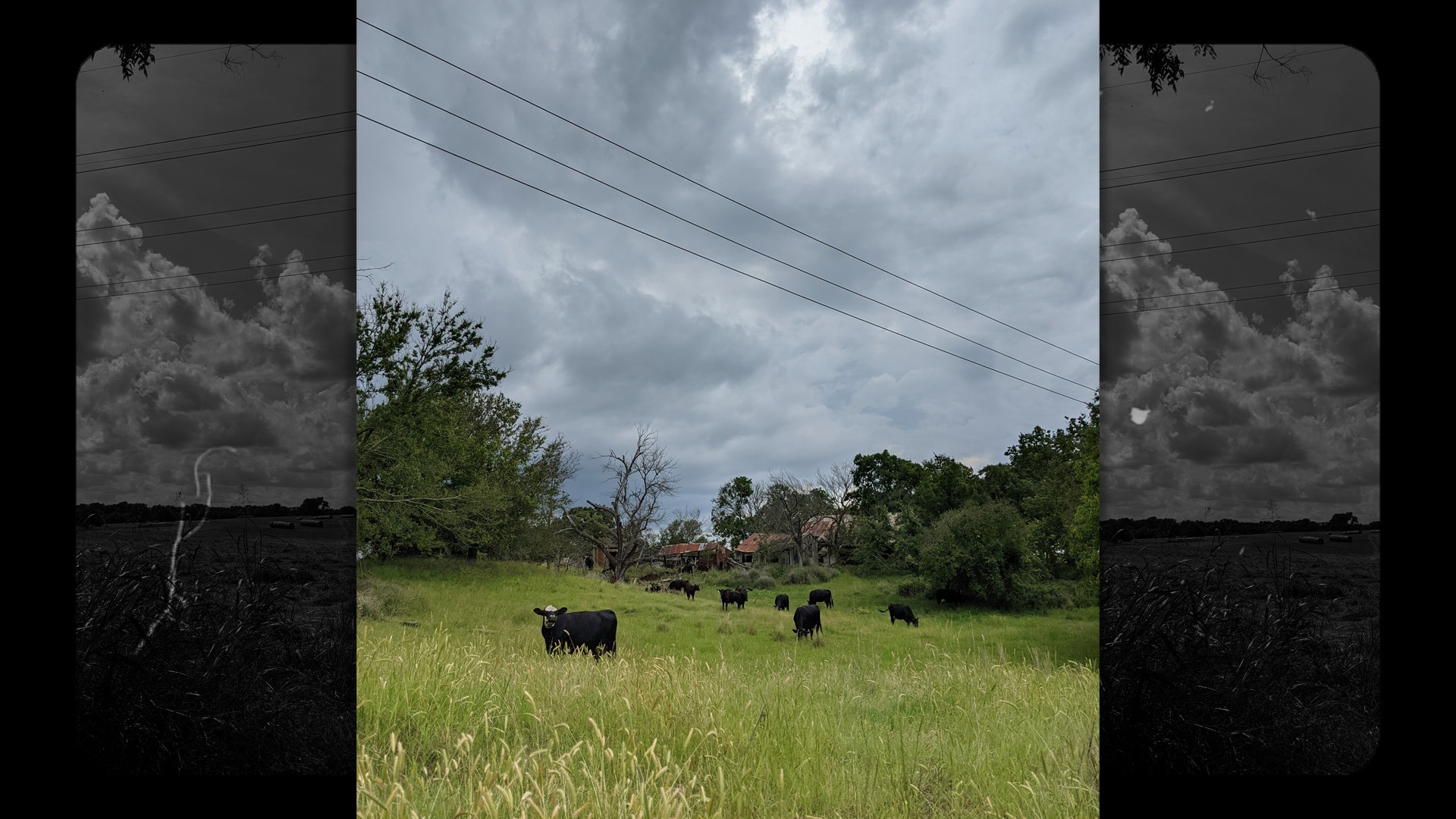
Behind The Story: One Reporter’s Return To Internet Access Gaps
“People are there all the time to use the internet.”
That’s the first note I have about internet access in Del Valle. It’s several months old, from a conversation with Brittany Burke, the assistant director of the East Travis Gateway Library District. She described how during the height of the pandemic, people would park outside the libraries in Garfield and Elroy into the wee hours of the morning, using the Wi-Fi. One gentleman, she said, would sometimes set up a desktop computer.
They were there because they didn’t have reliable internet access at home, either because they lived in a more rural area and the necessary infrastructure didn’t reach their house, or the cost was too high. Sometimes it was both. Broadband access isn’t a new issue in Del Valle, but as the pandemic pushed everything from classes to doctor’s appointments online, the problem was exacerbated.
Residents described their frustrations of not being able to do everyday tasks without reliable internet access. I wasn’t surprised by their stories. It was a frustration I knew well, too.
Decibel reporter Blair Waltman-Alexin bottle feeds a baby cow on her parents’ farm in Oklahoma. Like many rural Del Valle residents, Waltman-Alexin lived in an area where it was difficult to get online.
I grew up on a farm outside of a very small town. To describe its location, I have to start at the closest major town, Oklahoma City, and point out how we’re about an hour away from there. Broadband access wasn’t critical for engaging with society when I was growing up, but the infrastructure that would be the backbone of internet connectivity, like cable, did not come anywhere near our home. A satellite dish graced our roof for a few months before a wind storm–this was Oklahoma after all–deposited it into a nearby tree.
Time didn’t bring improvements. Before going home for the holidays in 2020, my mom told me they had set up satellite internet. I was shocked when she told me the cost but it was the only option for their area that would hit minimal broadband speeds.
But that speed wasn’t unlimited. Satellite internet plans have data caps limiting how much bandwidth can be used during a billing cycle. If a user goes over their data allotment, their internet service can be slowed or stopped completely. We hit the data cap in just a few days. The speed was throttled to a 3 Megabit per second crawl.
Cattle stand in a field as storm clouds billow overhead at Waltman-Alexin’s childhood home. Like many Del Valle residents, her family’s best option was satellite internet because of its availability in rural areas, even though cost and data caps can be issues for users.
So when Del Valle residents started telling us about how complicated getting online was in their area, I immediately wanted to dig into it. I knew firsthand how hard it can be to call attention to a problem like this when you’re more disconnected than others.
I started looking for residents to tell me their internet woes. I started by posting the question on various Del Valle Facebook pages. The irony wasn’t lost on me, or some of the respondents, that I was asking about lack of internet access via the internet. But I felt confident I’d get some good responses. In previous listening sessions, residents told us they get most of their local news and information through social media, and a Pew Research Center study found 17% of adults in rural areas depend on their phone to get online. That’s higher than the dependency rate for suburban and urban residents.
Over the course of several months I talked with residents from across Del Valle. I even spent time going back to the place that kicked this story off — the local libraries. For those who can’t afford or access broadband, the library is an internet oasis. Since I never knew when someone interested in talking to me would be at the library I got in the habit of just stopping by randomly while working on other stories about running groups and community gardens. I never gave any notice for my spontaneous drop-ins, and I wouldn’t have had the success I did if not for the support of the librarians and staff who would vouch for me.
It wasn’t just the staff of the East Travis Gateway Library District who made this story happen. I found interviewees because people were willing to connect with me on social media platforms, or introduce me to their neighbor. I would ask people I met on totally different projects if they knew of anyone having trouble getting internet at their house. Even if they couldn’t think of anyone, many people I asked said they thought it was important that we look into it.
I’d like to say we collectively solved broadband access for Del Valle, but as of yet, many folks remain disconnected. But by sharing their frustrations and hearing about other neighbors in the same offline boat, some residents expressed joy in just having someone come ask them how things were going.
“I’m just glad someone is talking about this,” Benjamin Covington told me.
The success of this piece hinged on one thing: time. Time spent in Del Valle. Time spent meeting and connecting with residents. Time investing in the people of the area. Time built trust, and trust brought us introductions to people we hadn’t met yet and led to honest conversation about what they needed in terms of internet access. In return, residents gave us their time and stories, the most crucial piece we needed. That investment on both sides resulted in something hard to do in a story done on the fly; make a community feel like they’re being seen and heard, when they’ve often been left disconnected.
Blair Waltman-Alexin produced this story as part of the America Amplified initiative using community engagement to inform and strengthen local, regional and national journalism. America Amplified is a public media initiative funded by the Corporation for Public Broadcasting.
Community journalism doesn’t happen without community support.
Got story ideas, advice on how we can improve our reporting or just want to know more about what we do? Reach out to us at news@klru.org.
And if you value this type of reporting, then please consider making a donation to Austin PBS. Your gift makes the quality journalism done by the Decibel team possible. Thank you for your contribution.
More in Science & Technology :
See all Science & Technology posts







Contact Us
Email us at news@klru.org